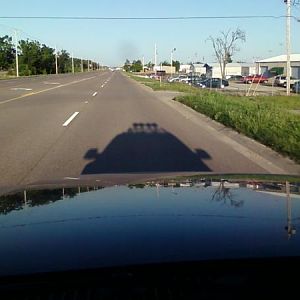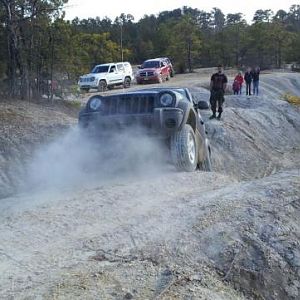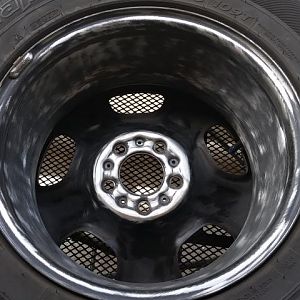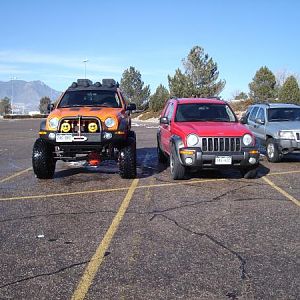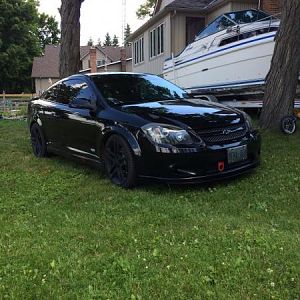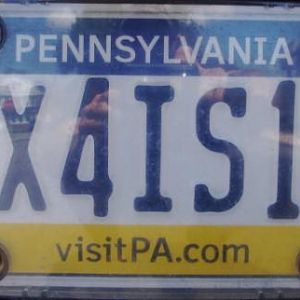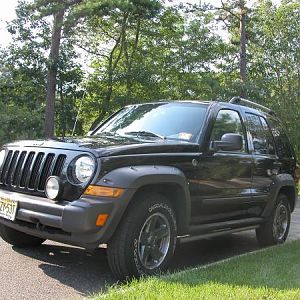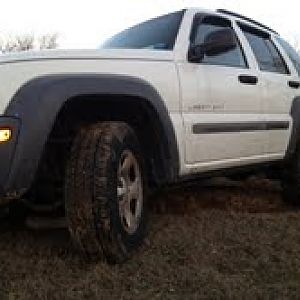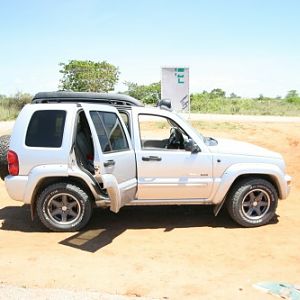Ry' N Jen
Banned
- Joined
- Dec 26, 2006
- Messages
- 9,242
- Reaction score
- 12
What is the general consensus on "Wet Torque vs Dry Torque?"
Especially in regards to Lug nuts (or for some import vehicles bolts used to fasten a vehicles wheel to a hub.)
In layman's terms, applying anti seize (copper slip, Molly slip, Teflon based grease, plain old grease or some form of oil) to the threads of the wheel studs/lug nuts/ bolts then torquing the lug nut/bolt to the manufactures recommended specification.
This will of course include doing the same for engine assembly.
The stretching of threads with cut threads opposed to rolled (ARP products for example) threads and so forth.
I was taught to always apply Copper slip (or a similar product) to either the lug nuts or wheel studs and on the back of a wheel so that the wheel and hub do not fuse together due to corrosion making removal easier.
After wrenching for 30 years, am I misinformed and doing it wrong?
I have never had a wheel come off from using lubricated threads or it's torque be affected.
What are your opinions on this?
Especially in regards to Lug nuts (or for some import vehicles bolts used to fasten a vehicles wheel to a hub.)
In layman's terms, applying anti seize (copper slip, Molly slip, Teflon based grease, plain old grease or some form of oil) to the threads of the wheel studs/lug nuts/ bolts then torquing the lug nut/bolt to the manufactures recommended specification.
This will of course include doing the same for engine assembly.
The stretching of threads with cut threads opposed to rolled (ARP products for example) threads and so forth.
I was taught to always apply Copper slip (or a similar product) to either the lug nuts or wheel studs and on the back of a wheel so that the wheel and hub do not fuse together due to corrosion making removal easier.
After wrenching for 30 years, am I misinformed and doing it wrong?
I have never had a wheel come off from using lubricated threads or it's torque be affected.
What are your opinions on this?


